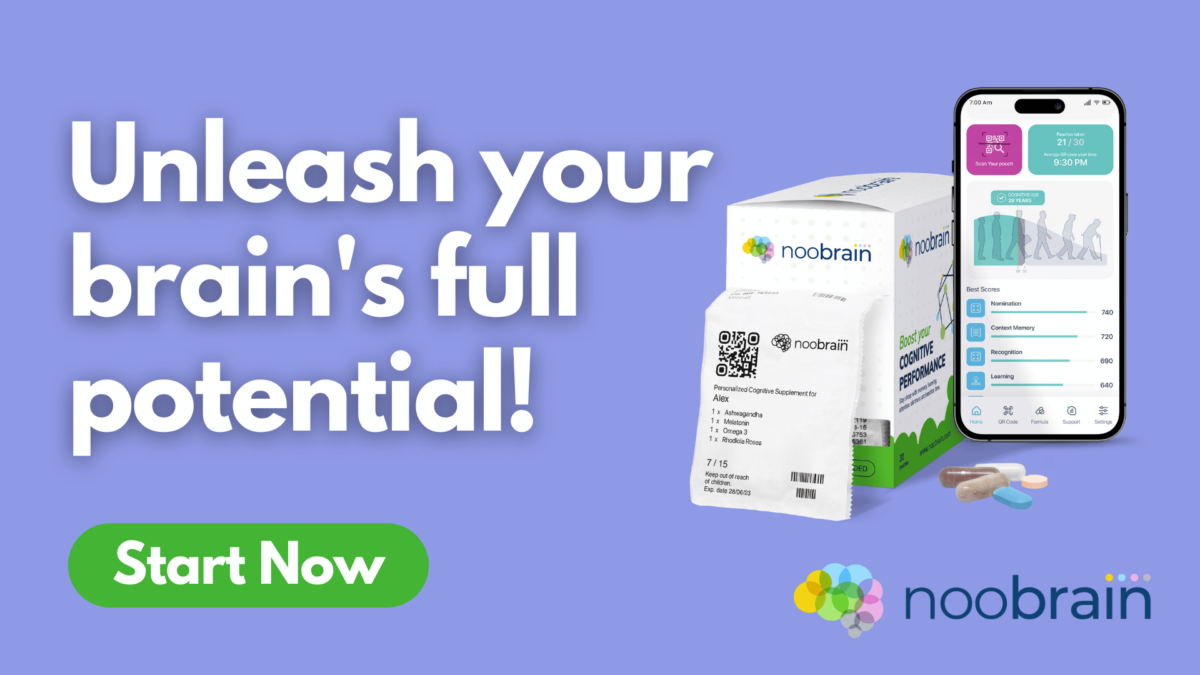Forgetfulness can be frustrating and sometimes embarrassing, affecting our productivity and daily activities. Learning strategies to improve your memory can significantly help learn how to be less forgetful.
Whether it’s forgetting where you placed your keys, missing appointments, or struggling to remember important dates, these moments of forgetfulness can disrupt your routine. Fortunately, there are ways to enhance your memory and reduce the frequency of these forgetful episodes.
Signs you are forgetful
Being forgetful can manifest in various ways, including:
- Frequently misplacing items like keys, phones, or glasses.
- Struggling to recall names or faces of people you’ve recently met.
- Forgetting appointments or important dates despite reminders.
- Having trouble following conversations or recalling details from them.
- Needing to make lists for tasks that used to be routine.
Causes of forgetfulness
Forgetfulness can result from several factors:
- Stress and Anxiety: High levels of stress can impair your ability to concentrate and remember information.
- Lack of Sleep: Poor sleep quality or insufficient sleep can significantly affect memory performance.
- Aging: Natural age-related decline in cognitive function can lead to increased forgetfulness.
- Nutritional Deficiencies: Lack of essential nutrients, such as vitamin B12, can impact memory.
- Medical Conditions: Certain conditions like thyroid disorders, depression, and neurological diseases can contribute to memory issues.
How to be less forgetful – 5 tips
Here are 5 tips to help you improve your memory and be less forgetful. Remember, if forgetfulness becomes a huge issue in your everyday life, be sure to check with a medical specialist.
- Improve Your Sleep Quality
The first thing to do is to improve your brain’s rest period. Ensure you get enough restful sleep, as sleep plays a crucial role in memory consolidation.
Read more about how to improve your sleep at Sleepie.
- Stay Organized
Keep a daily planner or use digital apps to track appointments, tasks, and important notes. Establishing a routine for where you place commonly used items can also help.
- Exercise Regularly
Physical activity increases blood flow to the whole body, including the brain. This can help improve cognitive functions and memory.
- Mental Stimulation
Engage in activities that challenge your brain, such as puzzles, reading, or learning a new skill. These activities can enhance brain function and memory retention.
- Healthy Diet
Consuming a well-rounded diet abundant in antioxidants and omega-3 fatty acids can bolster brain function and enhance memory recall.. Foods such as fish, nuts, and green leafy vegetables are particularly beneficial.
Nutritional supplements and memory
Certain vitamins and supplements have been identified for their positive effects on brain health and cognitive functions, including memory.
Here’s a closer look at some of these key supplements:
Omega-3 Fatty Acids
Omega-3 fatty acids are essential fats that play an important role in brain health.
Found abundantly in fish oil, these fats are known to build brain and nerve cells, essential for learning and memory. Studies suggest that omega-3s can help improve memory in older adults and may protect against age-related cognitive decline.
Ginkgo Biloba
Ginkgo biloba, derived from the leaves of the Ginkgo tree, is a popular herbal supplement known for its cognitive benefits. It’s believed to improve blood flow to the brain, which can help with memory enhancement, focus, and overall cognitive speed.
While studies on ginkgo biloba have shown mixed results, some evidence supports its use for improving cognitive function, especially in individuals experiencing cognitive decline.
B Vitamins
B vitamins, particularly B6, B12, and folic acid, play a vital role in brain health by reducing homocysteine levels in the blood.
High levels of homocysteine are linked with a higher risk of cognitive decline and Alzheimer’s disease. Ensuring adequate intake of these vitamins can support brain health and improve memory performance.
Curcumin
Curcumin, the active ingredient in turmeric, has potent anti-inflammatory and antioxidant properties. These effects can benefit brain health by improving memory and mood in people with mild, age-related memory loss.
Curcumin’s ability to cross the blood-brain barrier means it can directly enter the brain and benefit the cells there.

Frequently asked questions
Here are some of the most common question on the subject of forgetfulness:
Why do I forget so easily?
Easy forgetfulness can be due to factors like stress, lack of sleep, and nutritional deficiencies. Addressing these can help improve your memory.
How can I reduce forgetting?
Reducing forgetfulness involves adopting healthy lifestyle habits such as getting adequate sleep, maintaining a balanced diet, staying physically and mentally active, and managing stress levels.
What makes one so forgetful?
Factors contributing to forgetfulness include age-related changes, emotional stressors, lifestyle factors (like sleep deprivation), and certain medical conditions.
Why do I forget things immediately after thinking of them?
Forgetting things immediately can be related to distractions, insufficient focus, or the information not being effectively encoded into memory due to a lack of attention or interest.
Becoming less forgetful involves understanding the underlying causes and adopting strategies to improve memory and cognitive function.
Disclaimer: The information provided in this article is for informational purposes only and is not intended to substitute for professional medical advice, diagnosis, or treatment.

